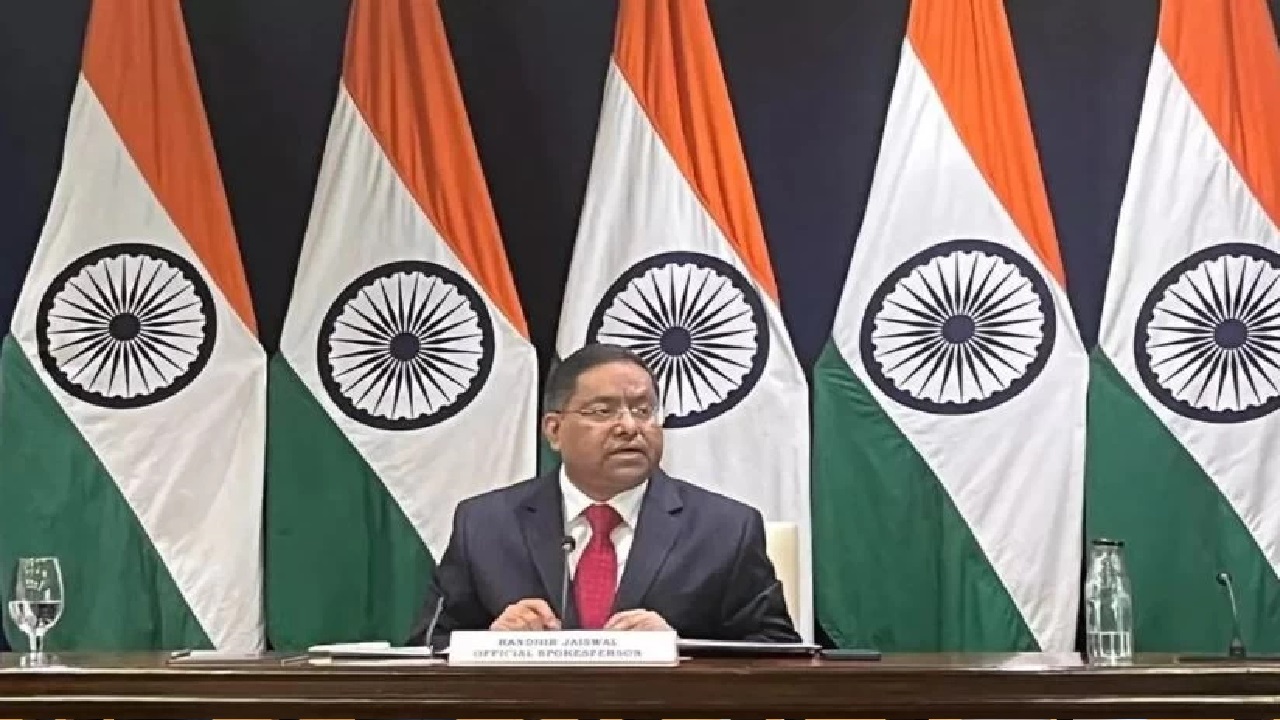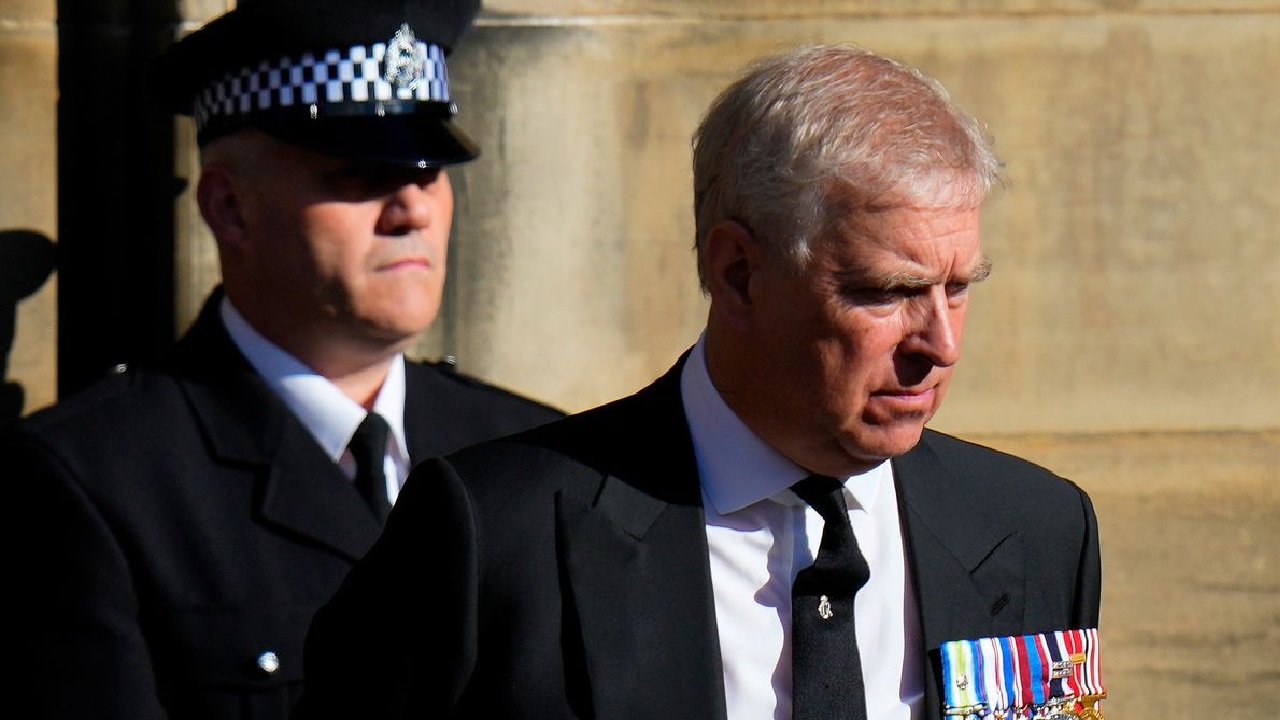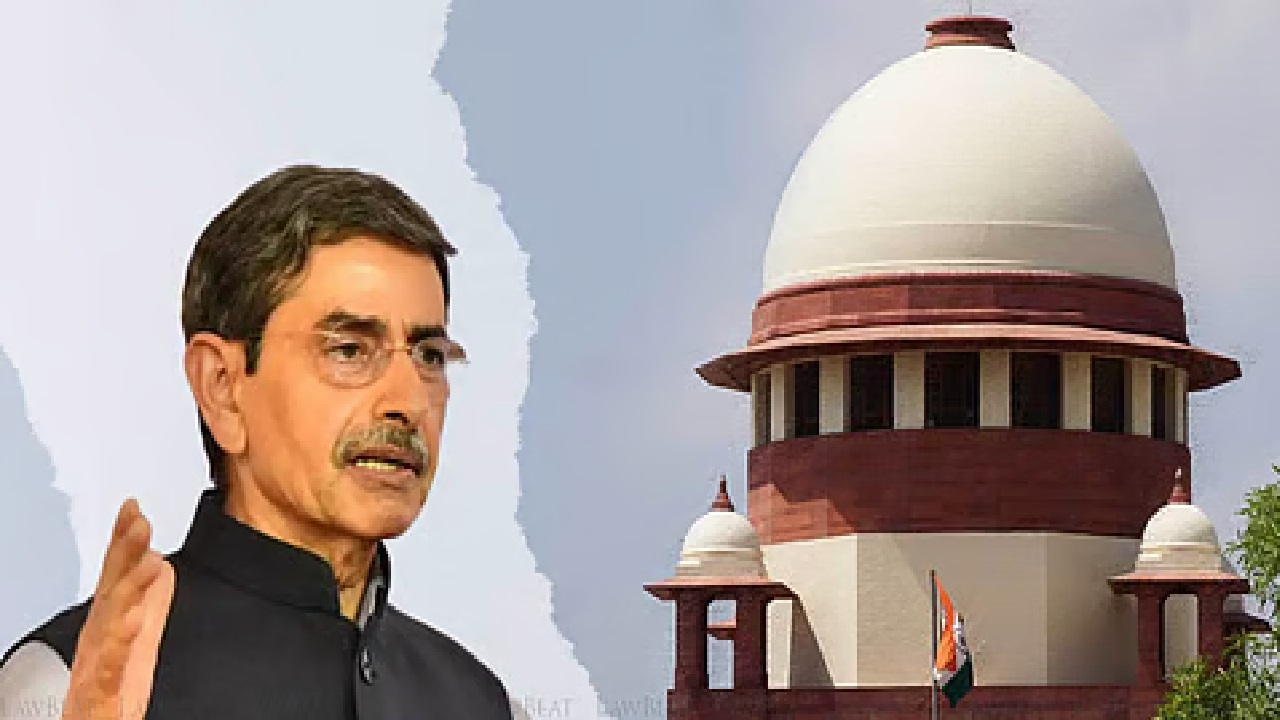Unrest in Murshidabad Sparks Cross-Border Reaction
Violence erupted over the weekend in several areas of West Bengal’s Murshidabad district—namely Suti, Dhuliyan, Samserganj, and Jangipur—following protests against the Waqf (Amendment) Act. The unrest reportedly led to the death of at least three people and left hundreds displaced, prompting the deployment of central paramilitary forces and the suspension of internet services in affected areas.
While local law enforcement and administrative efforts are ongoing to restore normalcy, the incident has drawn international commentary. Notably, Bangladesh issued a statement urging India to ensure the safety of its Muslim population, triggering a sharp rebuttal from New Delhi. The Indian government criticized Dhaka’s comments as “veiled and insidious” and stressed that such statements were inappropriate and misplaced.
Bangladesh’s Statement and India’s Stern Rejection
On Wednesday, the press secretary of Bangladesh’s interim government head Mohammad Yunus, Shafiqul Alam, made a public appeal calling for the protection of minority Muslims in West Bengal, while simultaneously distancing Dhaka from any link to the communal unrest in Murshidabad.
In response, India’s Ministry of External Affairs (MEA) firmly rejected the statement. MEA spokesperson Randhir Jaiswal declared, “We reject the comments made by Bangladesh regarding the events in West Bengal,” stating that the remarks were baseless and amounted to a misguided comparison with the treatment of minorities in Bangladesh.
India’s official statement further added, “Instead of making inappropriate comments, Bangladesh should focus on protecting the rights of its minorities.” New Delhi emphasized that concerns over minority persecution in Bangladesh are grounded in documented human rights issues, including reports of attacks on Hindu temples, Buddhist monasteries, and Christian communities in past years.
Analyzing the Violence: Local Governance and Law & Order
The violence in Murshidabad has underscored growing communal tensions around the Waqf (Amendment) Act, which has stirred concerns in certain sections of the community over perceived impacts on religious and charitable land ownership. However, the politicization of the protests, coupled with rumors and misinformation on social media, escalated tensions into violent confrontations.
With central forces now deployed and internet restrictions in place, authorities are working to prevent further escalation. But the situation also highlights underlying socio-political fragilities in border regions like Murshidabad, which have historically been sensitive to communal flashpoints.
Geopolitical Implications: India-Bangladesh Relations at a Crossroads
India and Bangladesh share deep historical, cultural, and economic ties, but their diplomatic relationship has been periodically strained over issues of minority rights, border security, and cross-border migration. India’s rejection of Bangladesh’s recent comments reflects its sensitivity to external opinions on domestic law-and-order matters, especially from neighboring states.
At the same time, India’s pushback can be seen as a continuation of its consistent stance on protecting internal affairs from international commentary—a principle upheld across various forums, including during discussions about Kashmir and CAA-related protests.
For Bangladesh, the statement may have been intended to respond to domestic and international observers calling for reciprocal engagement on human rights issues. However, such interventions risk misinterpretation and diplomatic friction when they cross into neighboring sovereign jurisdictions.
India’s Sovereign Matter, Not for External Commentary
The violence in Murshidabad, though unfortunate, remains an internal law-and-order issue that the Indian government is addressing through appropriate constitutional and administrative measures. The deployment of central forces, imposition of temporary internet restrictions, and ongoing investigations reflect the seriousness with which the matter is being handled.
India has robust democratic institutions, an independent judiciary, and a vibrant civil society, all of which ensure that the rights of every citizen—regardless of faith—are protected. In this context, external suggestions or commentary, especially from neighboring nations like Bangladesh, are uncalled for and unwelcome.
New Delhi firmly reiterates that India does not require guidance on how to manage its internal affairs, particularly from a country that continues to face serious allegations of systemic discrimination and violence against its own religious minorities. Instead of offering unsolicited advice, Bangladesh should prioritize addressing the long-standing issues of minority persecution within its own borders, which remain a matter of global concern.
Diplomatic respect hinges on mutual non-interference and accountability. As such, India will continue to take all necessary steps to ensure peace and harmony on its soil—firmly and independently.
(With inputs from agencies)








